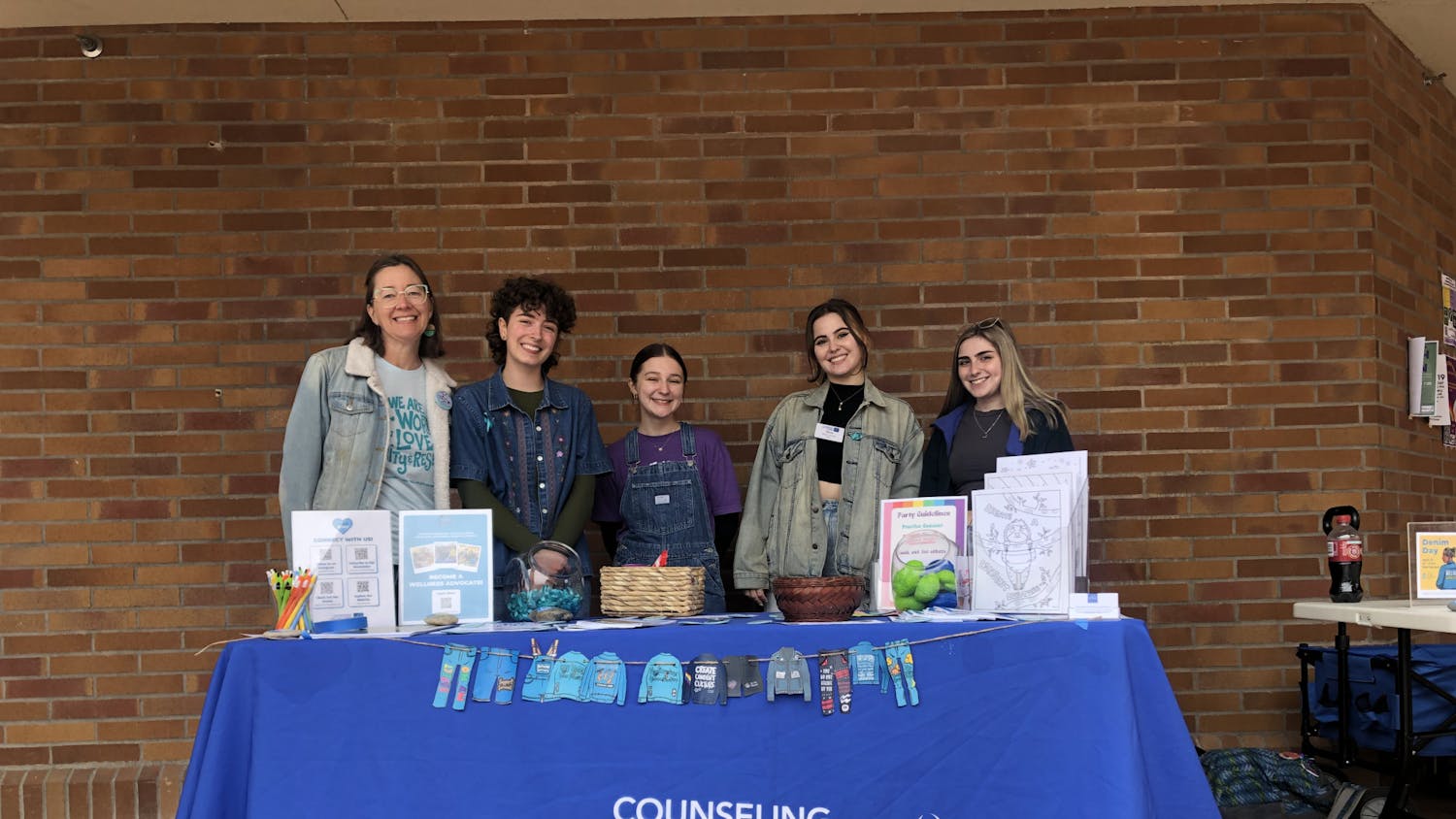We’re publishing key documents, like our newly created protest coverage guidelines, to increase transparency with the community we serve

By The Western Front Editorial Board
At The Western Front, we’re no strangers to change.
Whether it’s the entirely new staff we get every quarter or the ever-evolving nature of the news, change is present in nearly everything we do. It’s an inescapable part of the paper — so, rather than run from change, we’ve chosen to embrace it.
Nearly every quarter, the editor-in-chief and managing editor adopt a significant project that answers one question: How can we change the Front for the better?
This quarter, we decided to create clear protest guidelines for our newsroom. While Western Washington University journalism students get guidance on best practices in many of their courses, concrete policies and transparency about how we work ensure that the Front produces accurate and ethical coverage while keeping our reporters and subjects safe, to the extent that’s in our power.
The resurgence of the Black Lives Matter movement over the summer of 2020, the Jan. 6 Capitol riot and, locally, the Camp 210 protests have only illustrated the need for clear guidance when reporting on intense situations, and clear communication when explaining ourselves to our community.
These policies are based on the input of ethical and legal experts, working journalists and the Front’s reporters and editors who used a draft version of these guidelines when covering Camp 210.
Now we’re presenting them to you. If the Front is going to represent this community, it must be open about its practices. The public should always have access to key documents like our editorial policies, as well as open letters like the one we sent to an organizer for Bellingham Occupied Protest Mutual Aid. Everyone, including the newsroom, can learn and improve from these conversations.
The Front has sometimes struggled to treat vulnerable communities with respect, learn from our mistakes and be transparent with the public about our coverage. This is, in large part, because we hire completely new staff every quarter.
While welcoming all new staff — from senior editors to brand new reporters — every quarter allows us to consistently benefit from fresh perspectives, it also means we risk losing institutional knowledge with every turnover. We hope instituting and publishing these policies will improve our practice and carry these lessons into the future.
We’ve worked extensively with informed people — journalism ethics professor Joan Connell, Barbara Allen, the director of College Programming for The Poynter Institute for Media Studies, Wall Street Journal reporter Erin Ailworth, our faculty adviser, Betsy O’Donovan and Mike Hiestand, senior legal counsel for the Student Press Law Center — to ensure no part of these policies went unscrutinized.
As student journalists, our learning takes place in the classroom and the community. While great care and thought have gone into these policies, we recognize this will not be the final draft. Future newsrooms will alter and adapt this document as they see fit, and community input will help shape that vision.
Your thoughts, comments, questions and suggestions about these policies are not only welcome but encouraged, and can be submitted to eic.westernfront@gmail.com. You can also fill out our community feedback form here.





